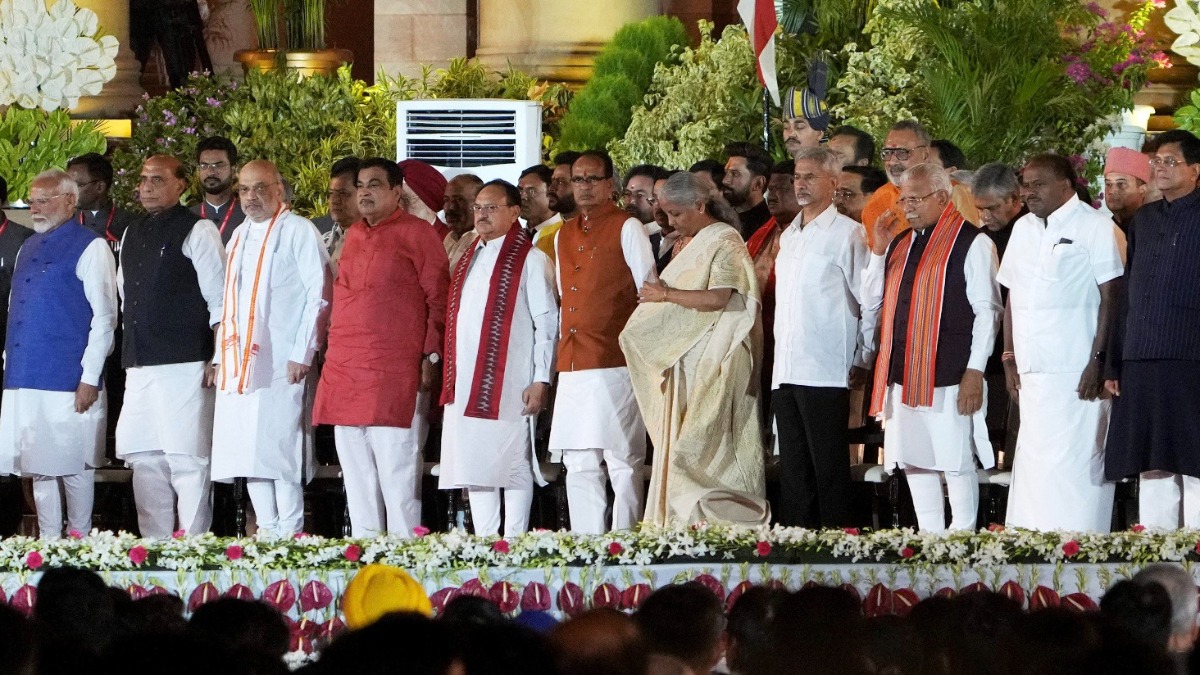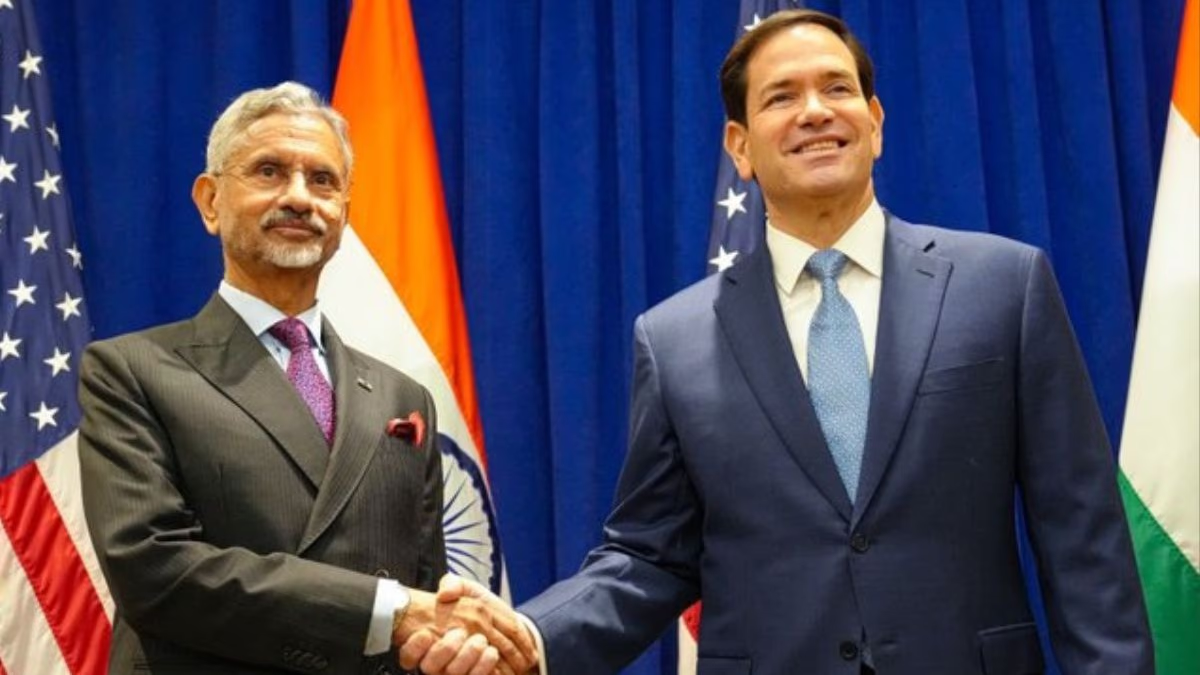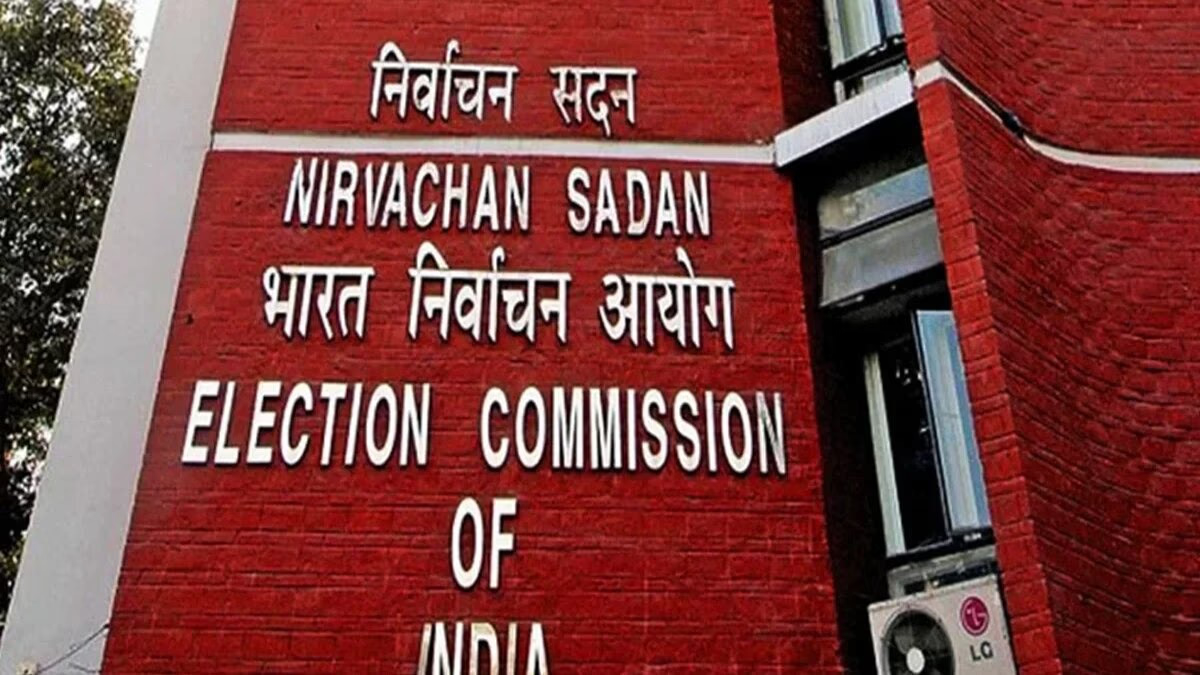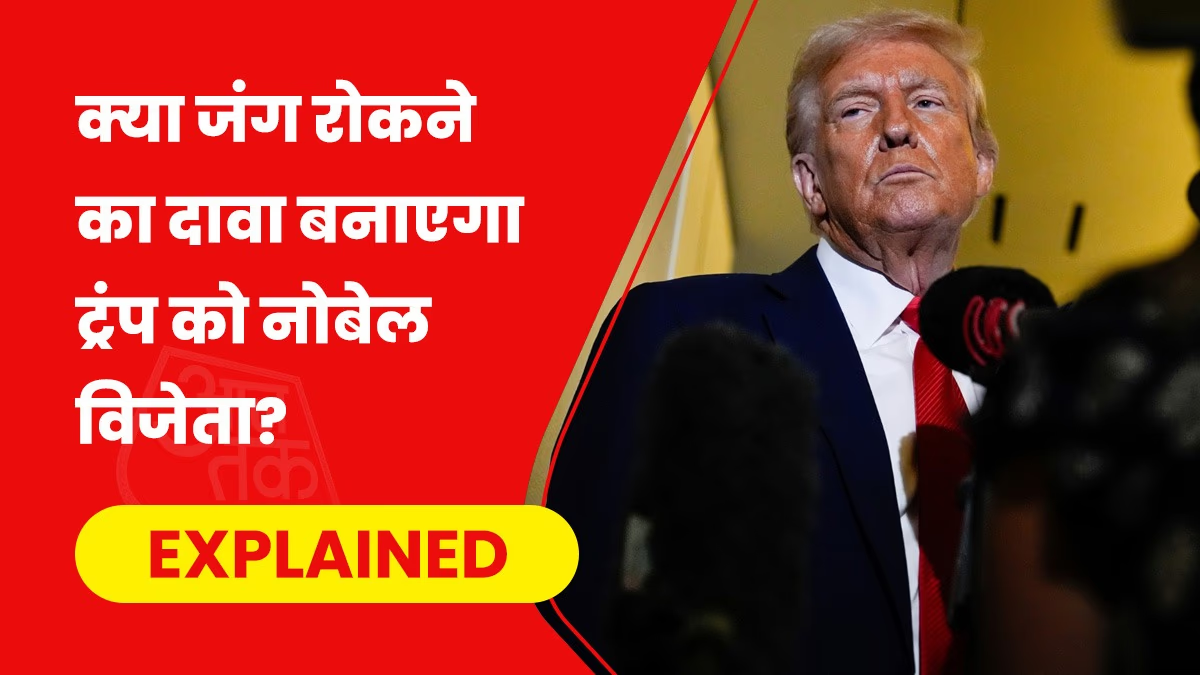Prime Minister Narendra Modi's government's initial 100 days are always significant. Upon winning the 2014 elections, the Modi government made impactful decisions like the formation of SIT on black money right in their first 100 days. Similarly, during the initial days of their second term, they took significant steps like the abolition of Triple Talaq and article 370 in Jammu and Kashmir. Now forming the government for the third time under PM Modi's leadership, the cabinet has been constituted, and ministers have assumed charge of their respective ministries.
Thus, attentions are drawn toward the Modi government's early 100-day game plan. From welfare measures for the farmers to initiatives for the poor, these initial days hold promises of significant decisions as ministers have started prioritizing post-assumption of their roles. What will be the topmost priorities of the 30 individuals in Modi's cabinet?
Unveiling the First Calls to Action by Modi's Cabinet:
Amit Shah (Home Minister):
The Home Ministry will continue to be committed to the nation's security. In Modi 3.0, we will elevate our efforts to the next tier for the nation's protection. The battle against terrorism, extremism, and naxalism will remain vigorous.
Rajnath Singh (Defence Minister):
After taking charge of the Defence Ministry, Rajnath Singh has declared border security as his foremost priority. He emphasized the bolstering of 'Make in India' and elevating defence manufacturing and export to new heights.
Nirmala Sitharaman (Finance Minister):
Post assuming charge of the Finance Ministry, Sitharaman reaffirmed that the reforms initiated since 2014 will continue, assuring India's broad economic stability and growth. Policy-making will be ensured to realize the dream of a developed India.
S. Jaishankar (External Affairs Minister):
Strengthening relationships with neighbouring countries will be given primacy. Resolving issues impeding normalized relations with China and Pakistan will be addressed.
Nitin Gadkari (Minister of Road Transport and Highways):
Under the visionary leadership of Prime Minister Narendra Modi, India is set to witness the rapid development of world-class and modern infrastructure.
JP Nadda (Health Minister):
Following the assumption of the Health Ministry's gravitas, Nadda debriefed officials, instructing them to focus on the 100-day framework. Incorporating senior citizens above the age of 70 in the Ayushman scheme is amongst the government’s top priorities.
CR Patil (Jal Shakti Ministry):
After assuming responsibility, CR Patil expressed his resolution that through the Jal Shakti Ministry, we will establish new benchmarks in water conservation, sanitation, and management. In this direction, we will foster collaborative efforts and use leading-edge technologies for the conservation of our water assets.




